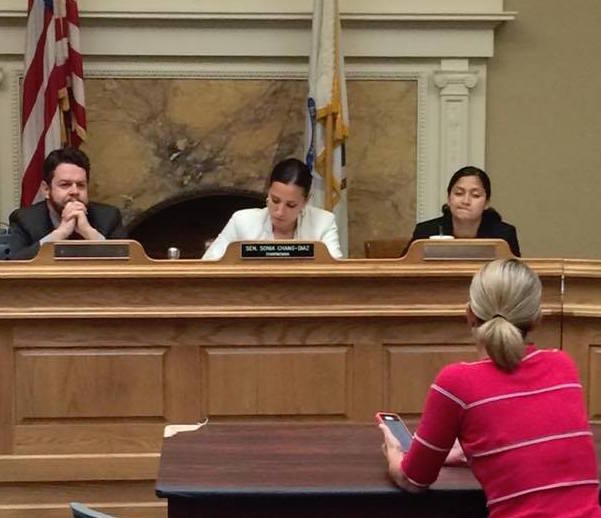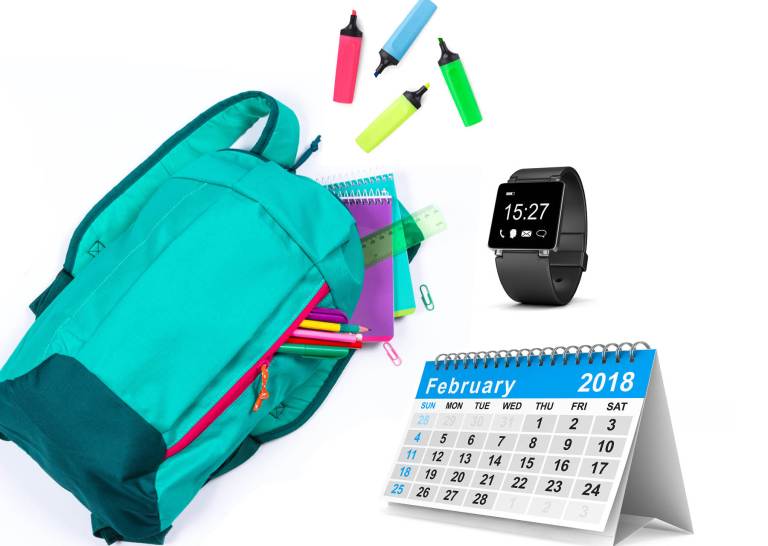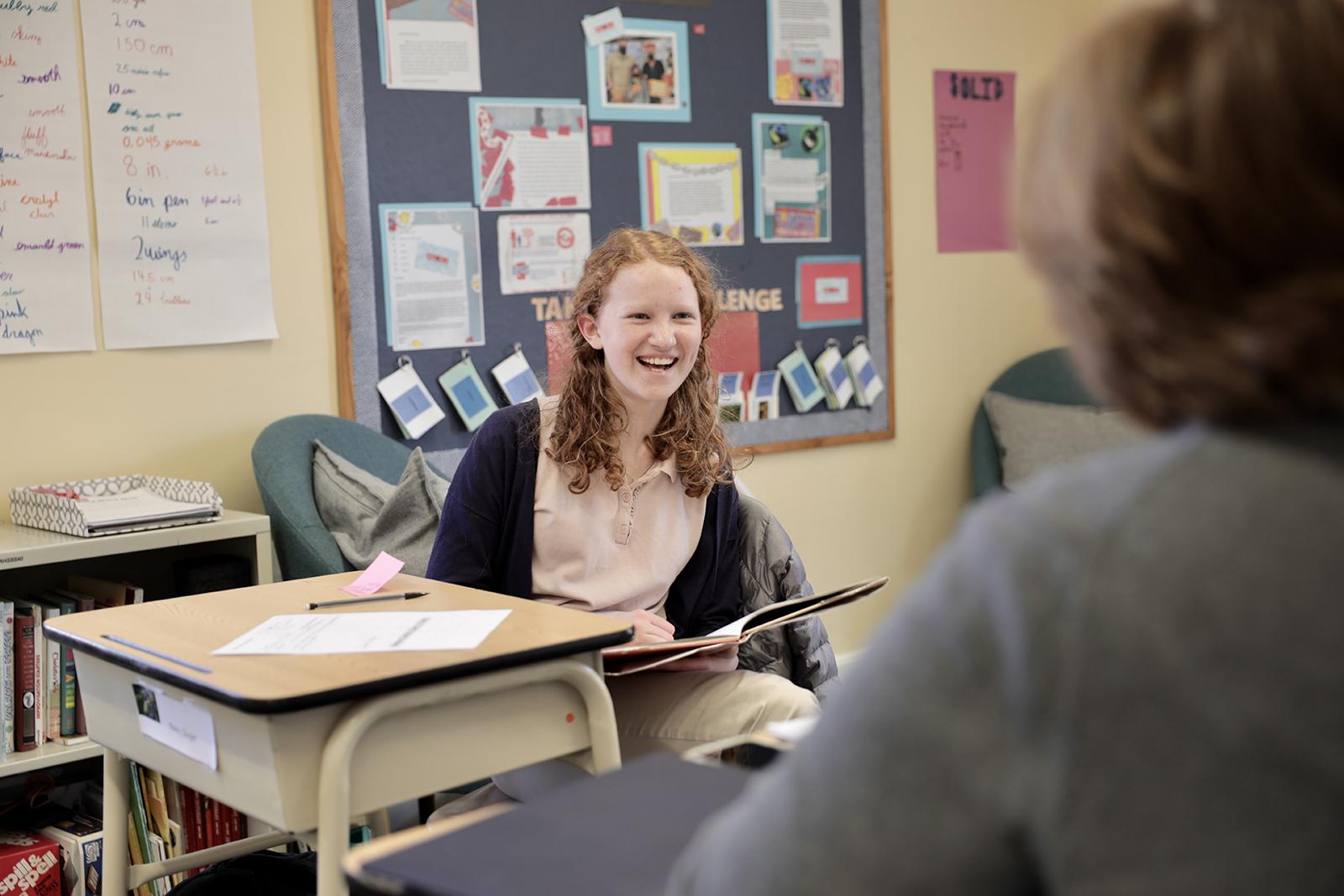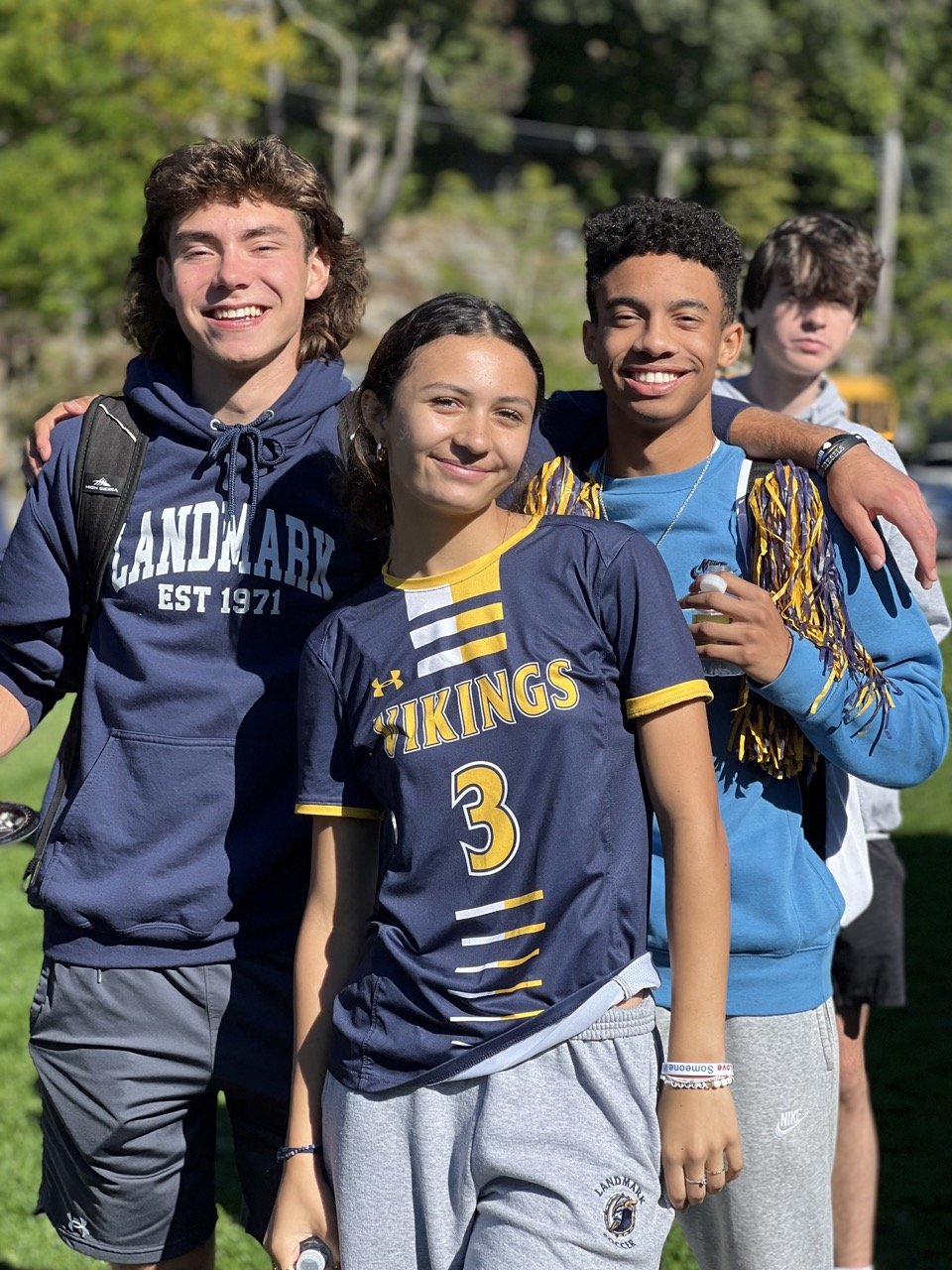- Our School
- Our Advantage
- Admission
- Elementary•Middle School
- High School
- Summer
- Giving
- Parent Resources
- For Educators
- Alumni
Page 12 of 18
Landmark 360 Blog
Practical, informative resources, tips, tools, and strategies for parents of children with learning disabilities written by experts in the fields of Learning, Learning Disabilities, Social & Emotional Topics, College Prep, and Teaching.
Executive Function 101: Time
March 27th, 2018
This is the first post in a five-part series about Executive Function. Each post includes downloadable templates to use at home and in the classroom. The second article is about managing materials. The third addresses managing information, the fourth achieving independence, and the fifth finding bal... Posted in: Teaching
Posted in: Teaching5 Important Things to Do After an IEP Meeting
March 19th, 2018
This resource originally appeared on Understood.org. Reprinted courtesy of Understood.org ©2018. Understood, LLC. All rights reserved. This is one of four posts about navigating the IEP process. Read the other articles: Questions to Ask Before and During Your Child's IEP Meeting, 6 Tips to ... Posted in: Learning Disabilities
Posted in: Learning Disabilities6 Tips to Make Sure Your Child’s IEP Is Implemented Properly
March 19th, 2018
This resource originally appeared on Understood.org. Reprinted courtesy of Understood.org ©2018. Understood, LLC. All rights reserved. This is one of four posts about navigating the IEP process. Read the other articles: Questions to Ask Before and During Your Child's IEP Meeting, 5 Imp...Posted in: Learning DisabilitiesHow to Organize Your Child's IEP Binder
March 19th, 2018
This resource originally appeared on Understood.org. Reprinted courtesy of Understood.org ©2018. Understood, LLC. All rights reserved. This is one of four posts about navigating the IEP process. Read the other articles: Questions to Ask Before and During Your Child's IEP Meeting, 5 Importan... Posted in: Learning Disabilities
Posted in: Learning DisabilitiesNavigating the IEP Process: Tips for Parents
March 19th, 2018
Landmark360.org curated several articles from Understood.org that help parents navigate the often confusing, frustrating, and painstaking process of developing, implementing, and monitoring a child's IEP. Thank you to Understood.org for sharing their content. Understood.org Resources Q... Posted in: Learning Disabilities
Posted in: Learning DisabilitiesQuestions to Ask Before and During Your Child’s IEP Meeting
March 19th, 2018
This resource originally appeared on Understood.org. Reprinted courtesy of Understood.org ©2018. Understood, LLC. All rights reserved. This is one of four posts about navigating the IEP process. Read the other articles: 5 Important Things to Do After the IEP Meeting, 6 Tips to Make Sure You... Posted in: Learning Disabilities
Posted in: Learning DisabilitiesPending Dyslexia Legislation in Massachusetts
March 4th, 2018
Decoding Dyslexia Massachusetts (DD-MA) began a campaign in 2012 to raise dyslexia awareness across the state through collaboration with parents, educators, and neuroscience researchers. The effort has made steady progress in building dyslexia awareness in the parent, educator, and policy-maker com... Posted in: Learning Disabilities
Posted in: Learning DisabilitiesExecutive Function 101
February 25th, 2018
Executive function deficits are very common among young people, especially those with ADHD, dyslexia, and other learning differences. These challenges show up as weaknesses in getting and staying organized, managing time, planning and prioritizing, and initiating tasks.Sound familiar?It should becau... Posted in: Teaching
Posted in: TeachingAccessing Learning Disability Services in College
December 14th, 2017
By Grace Daley When you make the transition from high school to college, many parts of life will change. Maybe you’ll go to school in a new county, province, state, or country. Certainly, your schedule will be different than anything you've experienced. You’ll make new friends. Yo... Posted in: College Prep
Posted in: College PrepWhat Is a Language-Based Learning Disability?
November 14th, 2017
What Is a Language-Based Learning Disability? Five Part Series Landmark360.org launched the five-part series What Is a Language-Based Learning Disability? to define and explain Language-Based Learning Disabilities (LBLD), offer tips on remediation, highlight the importance of early inte... Posted in: Learning Disabilities
Posted in: Learning Disabilities
Recent Articles
Email Signup
Page 12 of 18








.jpg?v=1652115432307)















